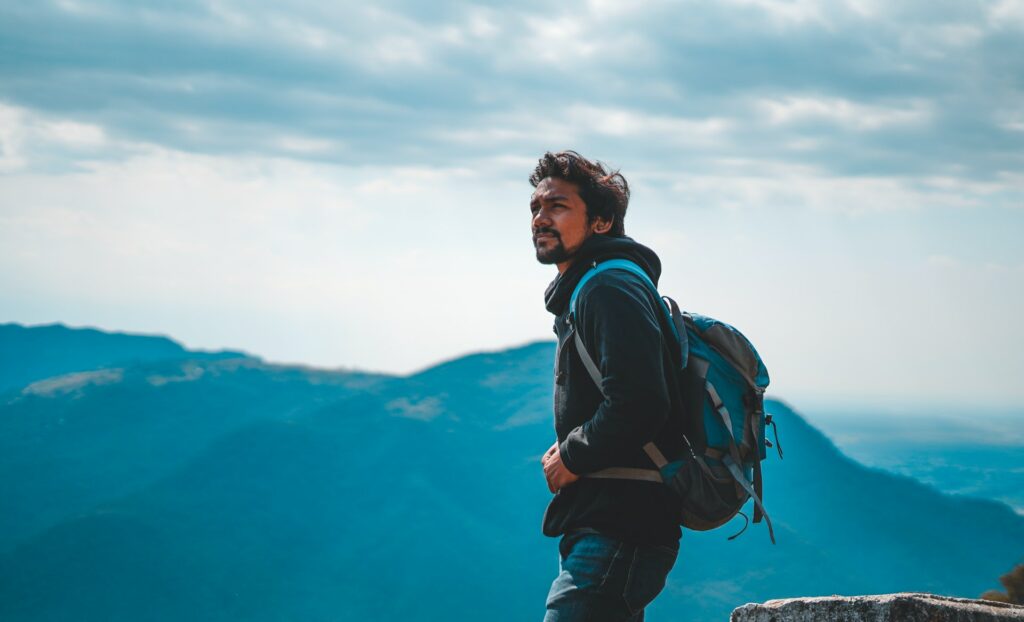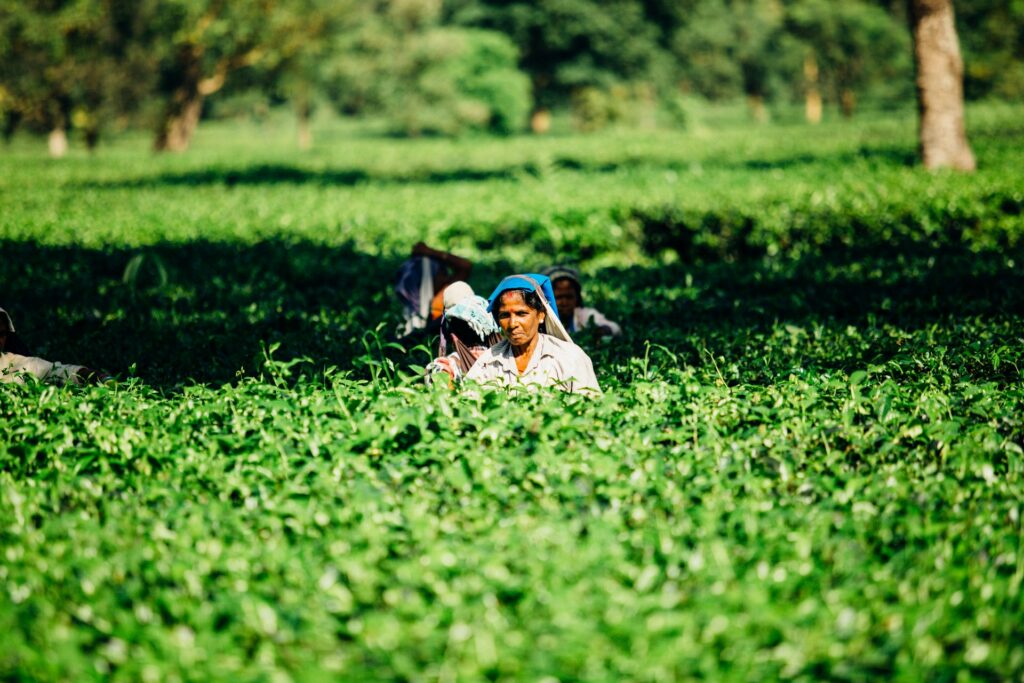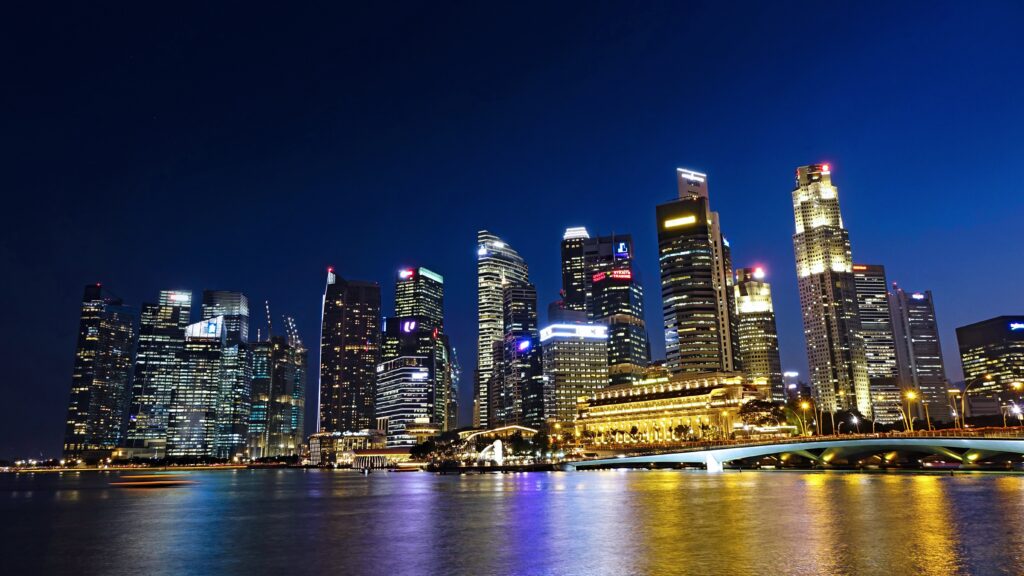What Will Be Key to Travel the World Again?

By Jiten Vyas, Regional Group Chief Operating Officer – Australasia, China, Africa and Europe & CIS at VFS Global
Owing to Coronavirus pandemic, few industries have been hit as badly as travel and tourism. While the tourism industry has taken a double hit, of revenue and reputation, it’s also among the first ones to be impacted by the crisis and is expected to be among the last to recover. While the travel world is never going to be the same again, experts see a complete recovery of the travel and tourism industry by 2023 based on the current rate of global vaccinations.

Experiences to provide in a post pandemic world
If there is a silver lining in this crisis, governments and companies can think much more boldly and expansively about the future, and act on a once-in-a-generation idea that can be extended across the world to ensure a safe resumption of travel. From vaccination certificates to digital or health passports, governments, airlines, and technology-driven companies across the globe are taking steps to relaunch travel by letting people prove their COVID-free status; but an international standard is needed for such certifications and passports, which is recognised by all countries.
Key milestones necessary for leisure travel to open up
For leisure travellers, the aftermath of COVID-19 lockdowns will cause a significant shift in perception of holiday destinations, caution around air travel, increase in preference for ‘safe and trusted’ destinations, and hygiene concerns. At the other end, the travel industry will continue to adopt an increasingly digital ‘contact-less’ approach for most things—from travel planning to customer engagement, with greater assurance for sanitation standards, and possibly expanding terms of travel insurance. With all these nuances in play now, here are a few ways that people could start planning travel differently that destinations could be mindful of:
- A new travel-peak: The summer holidays account for 60-65% of the yearly business for travel companies and tourism boards. Having missed that window in 2020, however, we are likely to witness a similar peak period when international borders open for long-haul travel.
- Digitalised travel planning: Online travel planners, ‘doorstep’ visa services, eVisa services, courier for passport return, self-check-in kiosks at airports will take over traditional customer servicing.
- Second city travel: People will now choose to give popular destinations a miss, and instead explore lesser-known destinations in the same country, where they can afford a reprieve from crowds.
- Meticulous planning: Travellers are more wary of where they stay, travel, and eat, and will prefer planning their vacations down to the last detail.
- Exclusive experience: We will see an increase in solo/small group trips, well-researched and exclusive accommodation, private transport — anything that helps one avoid sharing space with too many people and strangers.
An important factor in safe travel, at least in the initial phases of resumption, will be travel bubbles. It comes with the reassurance that the governments collaborating on these corridors have achieved a certain amount of success in battling and lowering the COVID-19 outbreak in their country. As an added layer of security to the bubbles, testing pre-departure remains key and only negative-tested travellers can board a plane, while others go into quarantine.
Technology as an enabler
Companies should explore solutions that allow travellers to maintain social distancing norms and get a high level of service and customer experience. The travel ecosystem witnessed tools that were far ahead of other industries and have proven especially apt to cater to our current situation. For example, the “Visa At Your Doorstep” which is useful for consumers who wish to travel but also want to avoid trips to Visa Centres.
Given the current scenario, eVisas are being viewed as a sustainable way of minimising touchpoints and opting for contactless journeys, except in cases where physical presence is required for biometric enrolment.
The solution also serves as an advantage for consulates or embassies as this move to a digital interface could help free up the consular staff to focus on the crucial activities of decision-making, leading to enhanced time and cost-efficiency.
Standardising COVID testing certifications
Travel, by its nature, has an extremely high density of human touchpoints. While some governments have already made COVID-19 tests mandatory before entering their respective countries, it is important to make these tests hassle-free, easily accessible and delivering fast results. This could be done either at airports or at certified medical laboratories. In such a scenario, solutions like digital health certificates offers travellers a hassle-free experience of the mandatory pre-departure COVID-19 swab results online through a network of accredited laboratories using a tamper tamper-proof digital solution.
Vaccination certification programmes and Digital Passports
Like solutions in COVID testing verification or health certificates, the next solutions developed will be around vaccine certification programmes to ensure travel resumption for the already vaccinated. However, a lot of work is going on in the background on discussions between airlines, governments and technology enabled companies. One classic case in point is the air bubble concept as it shows how a government can verify the credentials of the traveller, keeping well in mind, concerns on data privacy and legal legislations. Vaccine passports are a popular way to approach proof of immunity with jab rollouts underway across the globe. There are also apps that accept positive antibody tests as proof of immunity for those who have had the virus and recovered.
Our past experiences prove that the travel and tourism industry is very resilient, and rebounds fairly quickly. Whenever the Coronavirus is contained, visiting friends and relatives may well be the first to pick up and holiday demand will follow once travel requirements are eased with no quarantine rules in place anymore. Business related travel and MICE (Meetings, Incentives, Conferences and Exhibitions), however, will take longer to recover.
As the world goes on a reset, centered and balanced lifestyle will become the new normal, thereby leading to surge in wellness travel. Although gradual, experts expect to see a steady comeback by the travel industry, with more data-driven solutions, insightful innovations that ensure the safety of both travellers and staff, and higher efficiency and automation in overall processes and technologies.
The world will travel again, albeit a little differently than before.






Responses